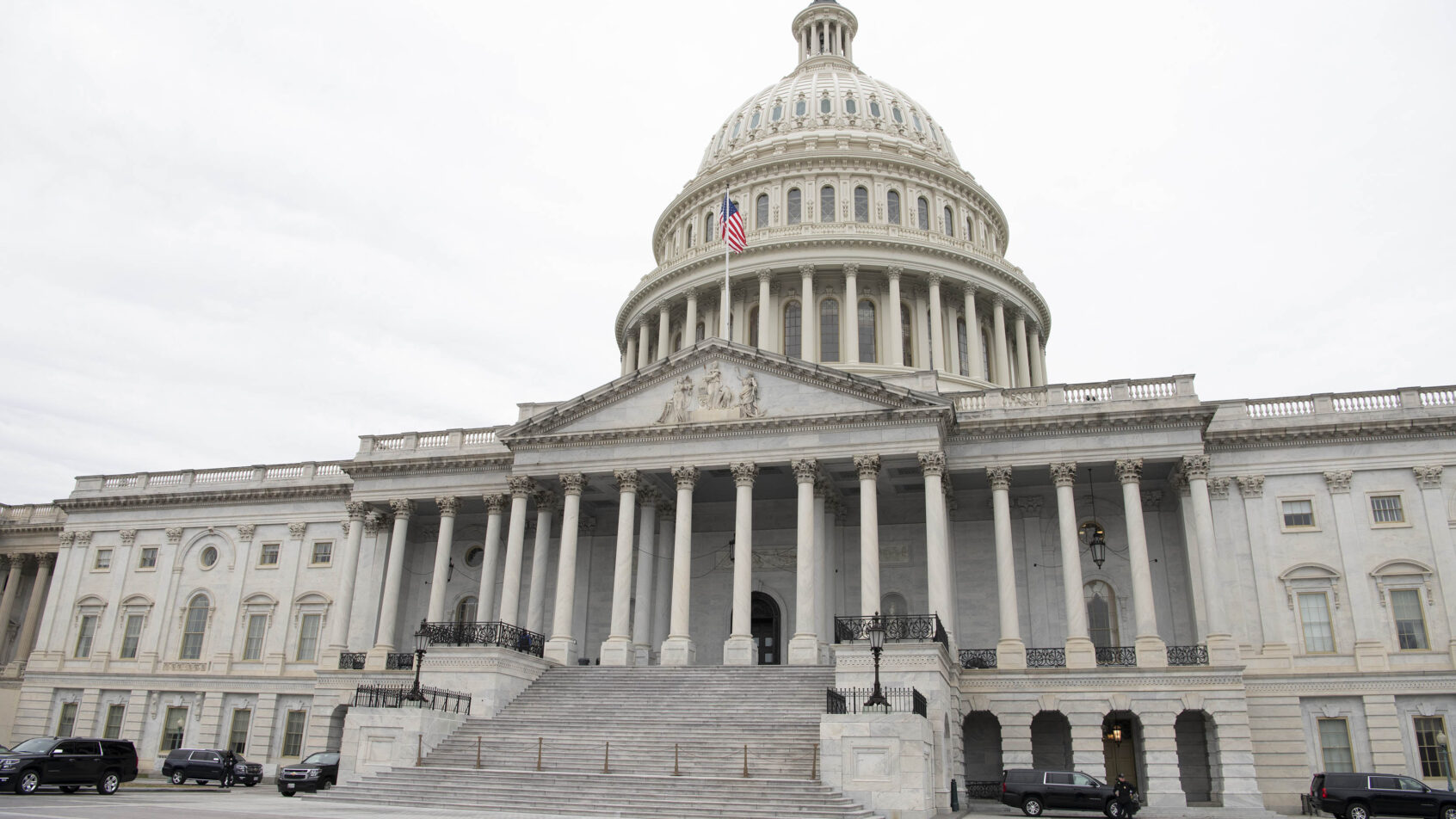Federal Lawmakers Reintroduce Bill to Repeal Sports Betting Handle Tax
By Robert Linnehan in Sports Betting News
Published:

- A federal bill has been reintroduced to repeal the sports betting handle tax
- Bill authors believe the tax negatively impacts the regulated sports betting market
- The sports betting handle tax rate is 0.25%
Two federal lawmakers have reintroduced legislation they believe will help support the U.S. regulated sports betting market.
Representatives Dina Titus (D-NV) and Guy Reschenthaler (R-PA), co-chairs of the bipartisan Congressional Gaming Caucus, recently reintroduced legislation to repeal the 0.25% excise tax placed on all legal sports bets in the U.S.
The “handle tax” was legalized in 1951 to counter illegal U.S. gambling.
Handle Tax Harms Legal Sports Betting Markets
This is the fourth time Reps Titus and Reschenthaler have introduced legislation to repeal the handle tax. The representatives introduced bills in 2019, 2021, and 2023.
The tax, Titus said, does nothing to dissuade illegally operating sports betting markets and only unfairly penalizes the regulated U.S. sports betting market.
“The Discriminatory Gaming Tax Repeal Act of 2025 repeals a tax that does nothing except penalize legal gaming operators for creating thousands of jobs in Nevada and 37 other states around the nation,” Titus said. “Illegal sportsbooks do not pay the .25% sports handle tax and the accompanying $50 per head tax on sportsbook employees, giving them an unfair advantage. I once asked the IRS where the revenue from the handle tax went in the federal budget and they didn’t even know. It makes no sense to give the illegal market an edge over legal sports books with a tax the federal government does not even track.”
The U.S. gaming industry provides over one million jobs, including over 33,000 jobs in Pennsylvania, and generates more than 70 billion dollars for state and local governments throughout the country, Congressman Reschenthaler said.
The sports betting handle tax only incentivizes the illegally operating markets, he said.
“Unfortunately, outdated tax codes and burdensome regulations penalize legal operators and incentivize illegal activity. The Discriminatory Gaming Tax Repeal Act of 2025 will ensure the gaming industry can support good-paying jobs and promote economic growth in southwestern Pennsylvania and across the nation. I’m proud to join Gaming Caucus Co-Chair Titus in introducing this bipartisan legislation, and I urge our colleagues in the House to support it,” he said.
The repeal of the tax would be welcomed by the regulated U.S. gaming industry, which had a successful 2024, according to the American Gaming Association.
Gambling Industry Had Record Setting Year
According to a recent “state of the industry” address from the American Gaming Association, U.S. commercial gaming revenue reached an annual record of $71.92 billion in 2024.
“In 2024, Americans embraced the diverse legal gaming options available to them—whether in casinos, at sportsbooks, or online—leading to another record-setting year for our industry,” said AGA President and CEO Bill Miller. “As we build on this success, the AGA remains committed to fostering additional growth that benefits consumers, operators, and communities alike.”
In 2024, nationwide sports betting revenue reached $13.71 billion, a 25.4% increase from 2023’s record of $11.04 billion. Also, online casino revenue grew 28.7% year-over-year to $8.41 billion in the seven states with full-scale legal iGaming. All six previously established iGaming markets achieved new annual revenue records.

Regulatory Writer and Editor
Rob covers all regulatory developments in online gambling. He specializes in US sports betting news along with casino regulation news as one of the most trusted sources in the country.



